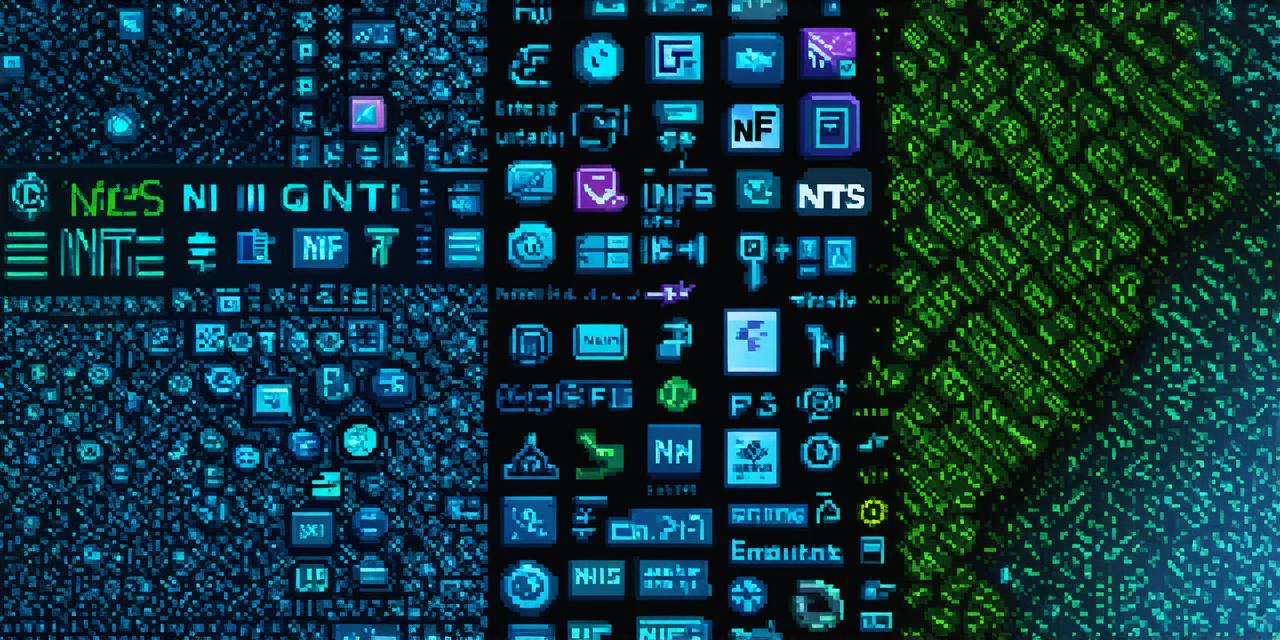What are NFTs?
NFTs are unique digital assets that are stored on a blockchain network. They can be anything from artwork to music to videos to tweets. What makes NFTs special is that they are non-fungible, meaning that each token has a unique identifier that cannot be replaced by another token. This allows creators and owners of these assets to prove ownership and authenticity in a secure and transparent way.
The Art and Collectibles Market
One of the primary reasons why NFTs have gained popularity is because of their potential uses in the art and collectibles market. NFTs have been used to sell digital artwork, music, videos, and even tweets. This has allowed creators to monetize their content in a new way, while also providing collectors with a unique way to own and display these assets.
The Risks of NFTs
Despite the potential benefits of NFTs, there are also risks that come with their adoption. One of the main risks is that the value of NFTs can be highly volatile, with prices rising and falling rapidly. This can make it difficult for creators to predict how much they will earn from selling their content as an NFT.

Another risk is that the legal framework around NFTs is still developing, which can create uncertainty around ownership and copyright issues. Additionally, there have been concerns about the environmental impact of NFTs due to their reliance on blockchain technology.
Conclusion
In conclusion, while NFTs have gained popularity in recent times, it is unclear whether people will continue to utilize them in the long-term. The risks associated with NFTs, such as their volatile pricing and uncertain legal framework, may deter some creators and collectors from adopting this technology. However, for those who are willing to take on these risks, NFTs can provide a new way to monetize and own digital assets in a secure and transparent way. Ultimately, only time will tell whether NFTs will become a mainstream technology or if they will fade into obscurity.
